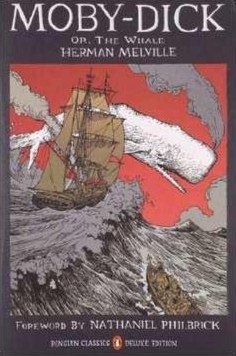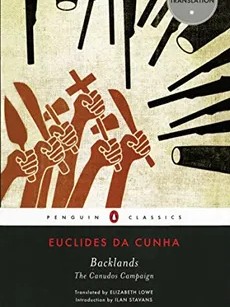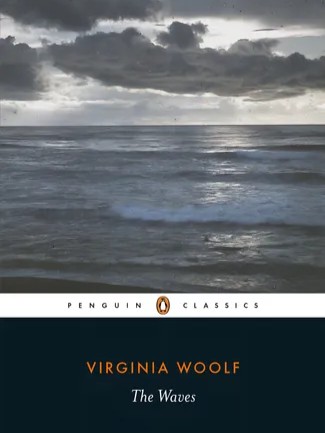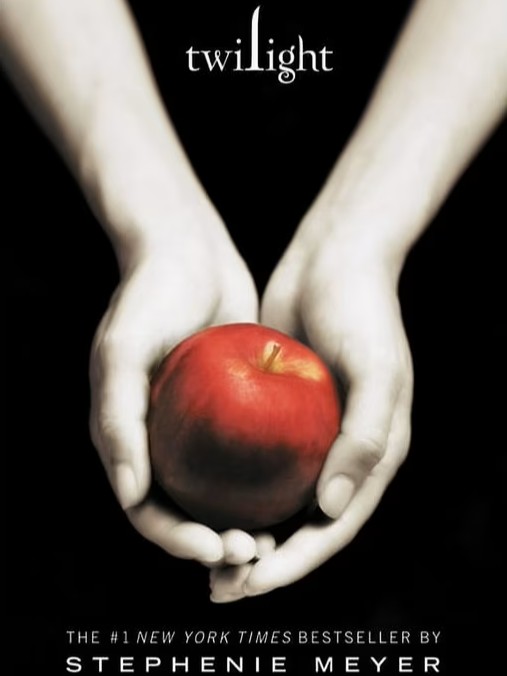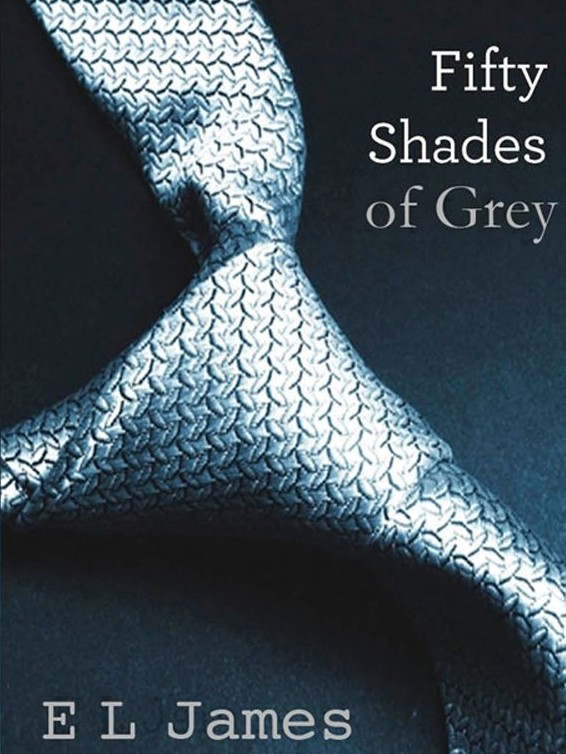Reading a book is a choice. When I see angry book reviews, I wonder why someone wasted so many hours being hurt by something they could’ve just stopped at any time. You invest time and money in exchange for experiences, sensations, emotions, and ideas. But if the story doesn’t fulfil its end of the deal, you can simply jump to the next.
Still, some people insist on bleeding. Why is that? Let me talk about some of the reasons I stumbled upon and why they don’t quite hold up.
The first reason is that you’ve already spent time and money on that story, and quitting it feels like throwing resources away. The problem here is that continuing won’t give your time back; it will take more of it. You only live once, and your time is the only thing you truly possess in this world. If you were paying one dollar for each page read, would it make sense to keep spending more just because you had already spent some?
You may think it would, if you believe the story will finally come together. It’s in our nature to hope, so many readers assume a slow or confusing start will pay off. Especially in literary or layered fiction, there’s a belief that the reward will come eventually. Sometimes it does. Moby-Dick and Backlands: The Canudos Campaign were like that for me. The two classics gave me agonizing hours of boredom during the whole narrative; I didn’t allow myself to abandon a book back then. They took an eternity to finish, but I was pleased when I did: not for the relief, but for the surprising closing of the first and the perspective the second offered.
As you can infer from what I just said, there was a time when I didn’t quit a book. I had a strange sense of duty: enduring a challenging read was something strong, intellectual people would do, so I felt I would fail some moral or intellectual standard. It was even more true with classics, bestsellers, or recommendations. I believed I had an obligation not only to finish but enjoy them, because that was what ‘real readers’ did. Some of my friends felt guilty, but I only felt afraid of not being virtuous enough if I gave up a book halfway, no matter how boring or even emotionally charged it was.
Another reason that’s becoming increasingly common with the rise of self-publishing and digital reading is that people can’t abandon a book when it’s an ARC. However, one of the core principles around ARCs is that no one is obligated to provide a review – no publisher or author has the right to expect otherwise. If you don’t have to give a review, then you’re obviously not bound to finish it.
When I was in high school, I had schoolmates who wouldn’t stop reading a book because they simply couldn’t bear to leave anything unfinished. One of them had some obsessive traits, and the other found out as an adult that she has ASD. It’s not always the case, but I’ve heard that having to finish something that was started may be a sign of a need for control, typically found in those who are perfectionists, chronically anxious, or even dealing with depression.
I used to be part of the bookworm gang. I guess that a good deal of my ‘sense of duty’ came from external pressure. We were not the biggest and most popular group, and I didn’t want to let my fellow readers down. The name didn’t exist at the time, but I probably had FOMO too. I no longer belong to any groups, but some of my friends feel obligated to finish stories that are suffocating them with fumes of boredom because of book clubs or because the author is someone they know.
Once, someone even told me she wouldn’t abandon the book because, in her words, ‘she was dumb and that’s why she was not getting it’. So she read it to the end and re-read it! To me, it sounded crazy to believe that you might not be enjoying a story because you’re not smart enough to understand it. But if you’re prone to self-doubt, it can happen.
The book in question was The Waves – a classic that anyone who calls themselves a literary feminist can’t help but read and love. I love Virginia, but I have mixed feelings about this piece. It is an intriguing book, but I’m not sure if I would’ve finished them nowadays. I would rather be spending my time with a story that gave me other kinds of feelings.
That leads me to an important point, one that makes people feel guilty: not enjoying a book doesn’t mean the book is bad; it only means it’s not for your taste or the moment. Among the titles I didn’t finish are Twilight, Fifty Shades of Grey, and A Game of Thrones. They nearly gave me a permanent frown wrinkle. I was honestly grateful that I didn’t keep going when I was told how they ended. But can I say that those novels, which have sold hundreds of millions of copies combined, are trash? Only if I’m arrogant enough to believe that hundreds of millions of people are wrong and I’m right, which I’m not.
It is not a matter of good or bad, right or wrong; it’s only about personal taste. If something is not for you, there’s no sense in parting with your most precious asset on Earth: your time. Don’t hurt yourself. You’ve got the right and you’ve got the power to look for a story that will make you happy.
Emotional Journey of Learning to DNF Books
I learned that for some people it is so hard to stop reading a book, despite the negative impact in terms of time and emotional investment, that they go through an emotional journey just to let go. Here are the steps, in case you need them.
1. Guilt
“I’ve paid and already spent so much time on this book. I should finish it. What if the problem is me and not the story? I’ll harm the author if I don’t read.”
Many readers start with the belief that quitting is failure, or a lack of discipline or taste. There’s a fear of missing something important or disrespecting the author.
2. Reluctance
“Maybe I just need to push a little more…”
You keep giving the book just one more chapter again and again. The decision to stop reading feels weighty, like breaking a promise.
3. Relief
“I don’t have to suffer through this. Life is too short to spend on something I don’t really want to.”
The first time you just put the book down feels liberating. It’s the moment you realize you have no obligation to read a particular story. You can prioritize your joy instead.
4. Validation
“Not every book is meant for every reader. This one is not for me.”
You begin to see your choice as discerning, not disrespectful. You no longer try to force yourself to meet unreasonable expectations and read on your terms.
5. Peace & Empowerment
“My reading life belongs to me.”
When you internalize that the book you read is your choice, there’s peace in choosing the ones that resonate with you and power in walking away from what doesn’t.
Leave a Negative Review Without the Harm
Despite all I said, some people seem to take pleasure in being angered, so the reason they read a story that bothers them to the end is often just pride and a twisted need to complain. That makes them feel special.
When you decide to spend your time on an annoying or boring book, that’s entirely on you. If the story doesn’t ‘redeem itself’ with a skilfully written, surprising end, and you realize what a waste of life it was, you may want to drink a glass of water and let it rest for a couple of days before you start raving and rating in reviews.
When the author is new or indie, there’s a big chance that a harsh review will hurt them, be it in terms of the book’s visibility, emotionally, or both. Nobody knows what someone went through to publish a story, or how much of themselves or their life they poured into a character. Saying they should be ready for negative feedback doesn’t excuse being inconsiderate just because you didn’t like their work. Your negative or positive opinion is absolutely worth sharing, but saying it nicely costs you nothing.
Besides, angry outbursts – no matter how elaborate and supposedly ‘not personal’ – usually show more about the shortcomings of the person who wrote them than those of the story criticized.
”…the work of a critic is easy. We risk very little, yet enjoy a position over those who offer up their work and their selves to our judgment. We thrive on negative criticism, which is fun to write and to read. But the bitter truth we critics must face is that in the grand scheme of things, the average piece of junk is probably more meaningful than our criticism designating it so.”
Anton Ego from Ratatouille
Books Mentioned in This Article
(Affiliate links may earn us a little, but not always. The price stays the same for you in any case.)
- Moby-Dick by Herman Melville (1851)
- Backlands: The Canudos Campaign by Euclides da Cunha (1902, English edition 1944)
- The Waves by Virginia Woolf (1931)
- Twilight by Stephenie Meyer (2005)
- Fifty Shades of Grey by E.L. James (2011)
- A Game of Thrones by George R.R. Martin (1996)
